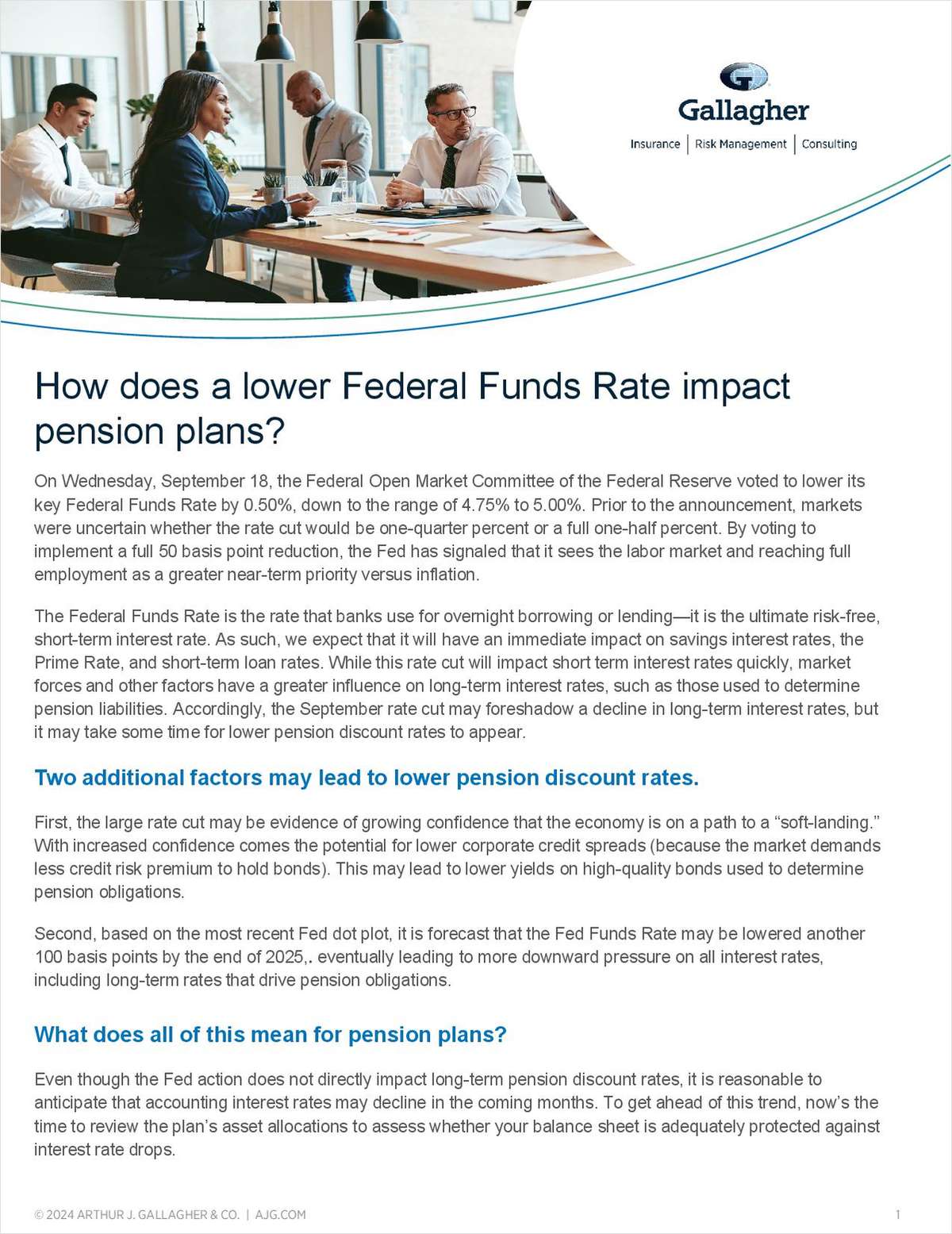<p>Special to CU Times WASHINGTON – Credit unions could experience a "modest surge" in new car financing activity in the first quarter, thanks to the decision by U.S. carmakers to replace 0% financing with big rebates, according to CUNA economist Bill Hampel. The rebates of $2,002 on General Motors cars, for example, "will help credit unions a great deal," he said. "We could see a modest surge in auto lending for the quarter." "Credit unions couldn't compete with 0% financing, but they can compete with market interest rates," said NAFCU economist Jeff Taylor. The rebates "could be very helpful" to credit unions. Even before the September terrorist attacks and the 0% financing campaign, new car lending was down for the credit union industry. While lending activity in others areas – including loans for used cars – gained, new car loan activity was flat or actually declining from April through October, according to NAFCU's monthly Flash economic survey of member credit unions. "New car lending has trailed other types of loans in recent months, but it could be a leading source of lending" in the coming year, said Hampel. New car loans will increase in relation to other types of credit union loan activity largely because a staple of 2001 lending, mortgage refinancing, "has gone to sleep for awhile" due to increases in longer term interest rates, said Hampel. Both economists warn credit unions not to expect an increase in new car lending to translate to a large gain in overall loan activity. "New car loans now make up 20% of credit unions' total loan portfolios, but it used to stand for much more," said Hampel. Even if his prediction of a modest surge is realized, "there still won't be a big increase in total loan volume." NAFCU's Taylor points out that new car sales are expected to drop off by about a million units this year from 2001 and the car buying spree might have played itself out for the time being. "Just how much the rebate programs will help depends on the state of the economy and whether everyone who needed a new car has managed to get one." The free financing programs might have prompted consumers to buy new cars a month or two earlier than they would have otherwise, he said. Paul Taylor, chief economist with the National Automobile Dealers Association (NADA), said the industry expects new car sales to drop to 15.9 million units this year from 17 million units in 2001 and the all time record 17.4 million units in 2000. "Sales will come back to a good level from a stratospheric level," he said. NADA's Taylor said the high credit rating requirements and high monthly payment of the 0% loans significantly limited the damage to credit union market share. "Clearly, some credit unions lost business," to the big auto maker finance companies in the last quarter of 2001, he said. "But only 50% of customers qualified for the loans, which were for short periods. With cash available and with interest rates down, it made sense for many buyers to finance their purchases by traditional means." "Selling all these cars is one of the reasons we're having a shallow recession," he added.</p>
Complete your profile to continue reading and get FREE access to BenefitsPRO, part of your ALM digital membership.
Your access to unlimited BenefitsPRO content isn’t changing.
Once you are an ALM digital member, you’ll receive:
- Breaking benefits news and analysis, on-site and via our newsletters and custom alerts
- Educational webcasts, white papers, and ebooks from industry thought leaders
- Critical converage of the property casualty insurance and financial advisory markets on our other ALM sites, PropertyCasualty360 and ThinkAdvisor
Already have an account? Sign In Now
© 2024 ALM Global, LLC, All Rights Reserved. Request academic re-use from www.copyright.com. All other uses, submit a request to [email protected]. For more information visit Asset & Logo Licensing.








